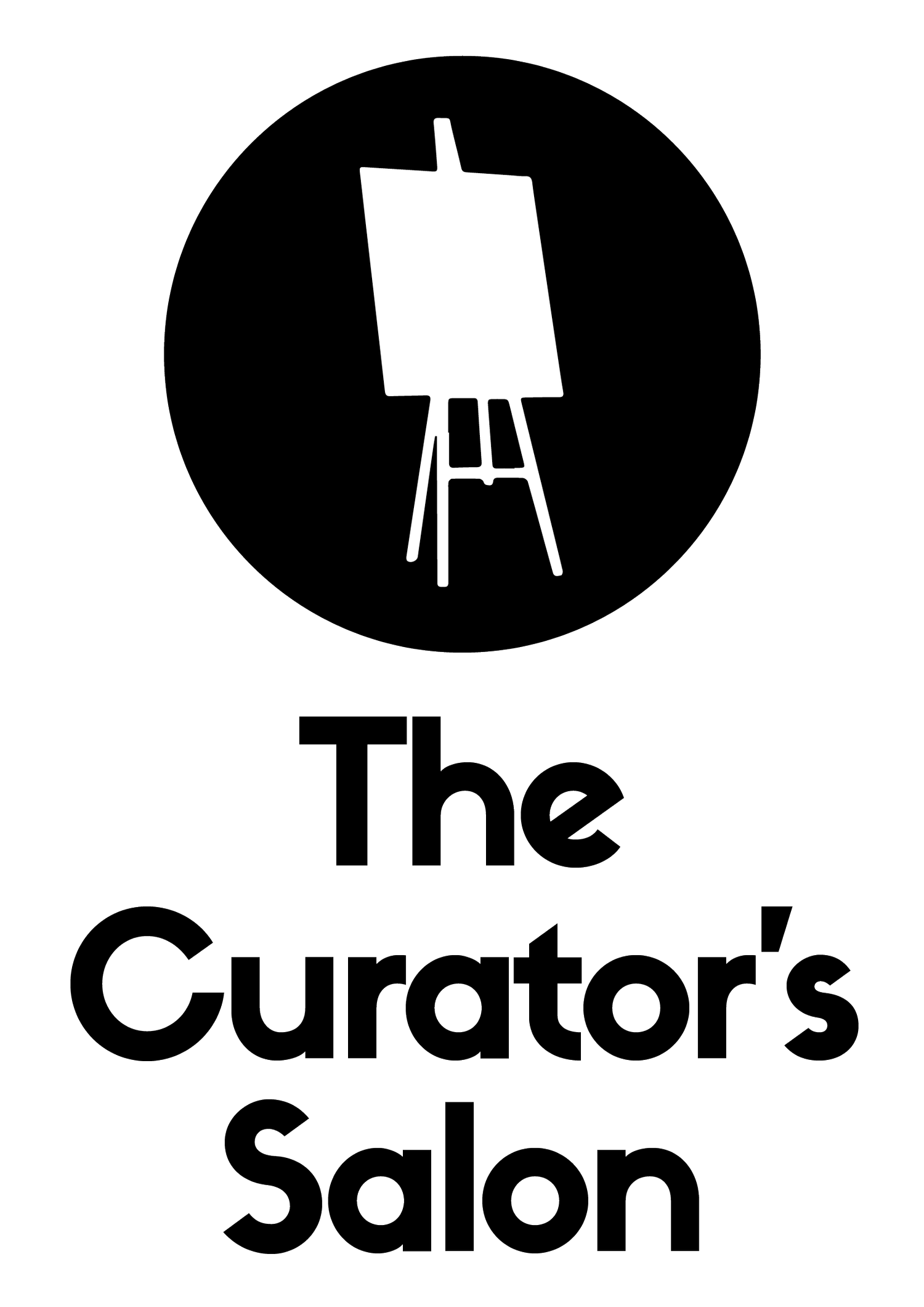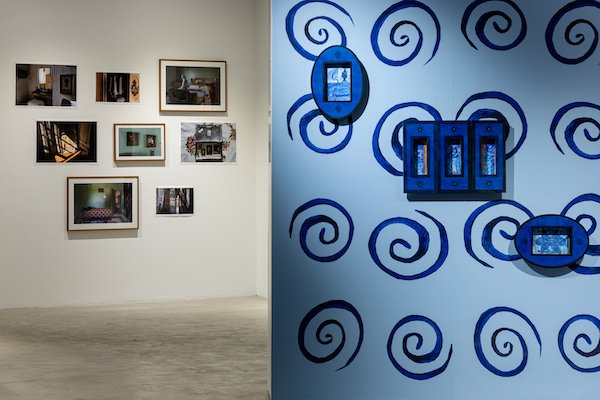Interview with Faridah Folawiyo
About Faridah Folowiyo:
Faridah Folawiyo is the founder of FF Projects, and an independent curator and researcher with a special focus on contemporary art from the Black world. She received an undergraduate degree in Near Eastern Studies from Princeton University and her Master’s in History of Art from the Courtauld Institute of Art.
Her recent curatorial work includes the independently produced Image Impressions at the Vaughan-Richards House in Lagos. In 2022, she also curated Manifold, an exhibition that focuses on emerging black female artists, as well as the second edition, Manifold (Deluxe) at Frieze No.9 Cork Street in April 2023. She has also curated solo exhibitions by Fadekemi Ogunsanya in London and Lagos, as well as the past four editions of Art X Live in Lagos. Her next curatorial project will be an exhibition with Efie Gallery in Dubai, opening in March 2023.
Her postgraduate dissertation titled “Diaspora, Identity and Representation in Non-FigurativeAfrican Photography” was published in Ufahamu: A Journal of African Studies, a peer-reviewed journal published at UCLA. She has also written for Mousse Magazine, Nka Journal, TSA Art Magazine and Service95.
1. What inspired the theme of the Elastic Visions exhibition, and what message do you hope viewers will take away from experiencing it?
When I started thinking about Elastic Visions, I first thought about what it means to show African art in the Middle East. When I was doing my undergraduate degree in Middle Eastern Studies, I felt like the theorists and histories I was reading about reminded me a lot of the African quest for independence and self-determination. So I revisited Edward Saïd’s Orientalism, which was really a seminal text for me in my studies, and began to think about the way in which binaries (in this case between the West and the “Orient), can be incredibly limiting. So I began to think about the idea of stretching, and artists that are really able to use their practices to stretch beyond limitations. And I really hope that this also influences the viewer too, to think about approaching the artworks on show with malleability and openness.
2. How did you go about selecting the artists featured in the exhibition, and what do you think each brings to the overall showcase?
I usually think about the theme first, and then make a list of artists whose works make sense within that. With this show, all the artists are bringing something different, it is quite diverse both in medium and style. With this concept of stretching and challenging the audience, I wanted the show in many ways to feel a little bit visually overwhelming when you walk in.
3. Can you highlight one or two specific artworks from the exhibition and explain why they were chosen to be included?
I was very interested in stretching the traditional art historical canon, and recognising that African artists are and have always been at the forefront of innovation in their respective mediums. So for instance, I was so excited to include Hugh Findletar’s Flowerheadz, as the artist is a real moderniser of the glass sculpture form, specifically in Murano, Italy where he works. Another artist Larry W. Cook, is doing something really interesting with archival source material. He is able to almost nostalgically conjure a specific time and place, but also does so in such a way that it feels universal.
4. How do you think the artworks challenge traditional ideas of art and culture, particularly those influenced by Eurocentric perspectives?
A really important aspect of the exhibition is decentreing Eurocentric perspectives. So in a way, I don’t really know that these works are intentionally challenging anything. But there was definitely a conscious effort on my behalf to include artists who might exist in the in-between and in the hybrid, artists that might not be as easy to classify according to European categories.
5. What do you hope visitors will gain from engaging with the diverse range of artistic expressions presented in Elastic Visions?
I hope that people will feel sufficiently stretched! And a little bit out of their comfort zones. I hope that visitors learn something new, or feel something familiar, or preferably both. There are so many incredible artists in Africa and its diaspora, and I’m really happy their work is being showcased.
Efie Gallery presents a group exhibition, Elastic Visions, curated by Faridah Folawiyo (b. 1993, UK), showcasing the dynamism of artistic expression emerging from practitioners of African origin across the world.
Elastic Visions
27 February – 27 May 2024
11-7pm, daily
Efie Gallery, Unit 2 Al Khayat Art Avenue, 19th Street – Al Quoz 1
Dubai, United Arab Emirates





